MONEY shortages in Zimbabwe have changed power politics at banks, once again, bringing back the nation's old pastime - queuing.
The customer, who normally should be king, is now subservient to the security guard.
The security guard is the person who gives the customer a card, which has a number indicating the client's place on the queue.
Those who still have jobs - the erudite - doctors, professors, lecturers, lawyers, nurses and teachers are forced to kowtow to the security guard when situations get desperate. And they always seem to be desperate.
When bank closing time approaches, negotiations and whispers begin, the person who controls access to the door and to your money is at his most powerful.
You are at his mercy and at a disadvantage.
If you talk to the person nicely, he or she will get your withdrawal slip, if he or she has given you one earlier on, go inside, give it to the bank teller and bring back your cash as you wait outside the door, depending on whether the bank has money.
Of course, you will receive the money with a smile and give a discrete tip, notwithstanding the fact that you are only allowed the daily minimum amount of $20, $40 or $50, according to availability of cash.
You will need the person tomorrow and the day after, so you'd better be nice.
Banks operate differently.
Some still use ATMs but the security guard still wields a lot of power.
A friend who banks with an international bank says he arrived at his bank at 4am thinking he was early, only to be handed a card by a guard showing he was number 400. He joked: "If you arrive at the bank at 1 am, you will be number 100 and so on and so forth."
And these days things have gotten worse. You'll be lucky to go away with $50 or lesser amounts in one dollar coins, fifty cent coins, or of late, 25 cent coins.
With cash out of stock, ATMs no longer dispense money, so banks do not want crowds inside the banking halls.
Customers have to queue outside in the winter cold.
Fortunately, Zimbabwean winters are mild, with temperatures balmy during the day and nippy in the morning, evening and at night.
The advent of electronic money transfers means banks don't belong in magnificent buildings with impressive facades but in the customers' pockets and hand bags where their phones and electronic money reside.
But because of the shortages, very few people deposit cash — the logic being why give to the bank what you can't get tomorrow when you need it?
Confidence in banks has been dissipating since the hyper-inflationary days in early 2000 and customers finally gave up one day in 2009 when they woke up to find their money had evaporated overnight.
The biggest money transfer agent in Zimbabwe, Ecocash, is owned by a phone company, Econet, which has no banking hall.
But even Ecocash agents cannot give out what is not there.
Their transactions have been severely curtailed by cash shortages.
Some agents try to make the extra buck by charging those who need cash a little extra, so the phone company has kept messages flowing, warning customers it is not their policy to charge extra for cash.
In Mutare, one of the international banks has moved from its bigger banking hall to a smaller one, presumably to save on rentals.
Customers are now required to go through a long corridor to be nicely tucked away at the back, in the bank's parking lot, where the security guard calls them in lots of ten.
Sometimes the security man asks, as if he didn't know, whether everyone has a card. The small crowd is eager to answer, and he's reminded he didn't issue cards in the afternoon.
He says he sometimes forgets, because he is a busy man.
Well, they have abandoned their work places and he's keeping them busy queuing and seemingly enjoying it.
Sometimes, too, the small crowd is surprised people are getting big numbers like 80 and 90, when their "guesstimate" is that the available crowd is smaller.
An elderly man summons the courage to ask the security guard why he has been given such a big number when he can barely count 30 people.
But everybody knows the answer but won't say.
You know you've been had. You are psychologically beat.
The guard adds with authority: "You see, you guys overslept because of the cold weather.
The early birds caught the worms."
Those queuing know they will be there for a while.
If you're number 80, then the 79 early birds will have to go first.
A man approaches the guard and shows him his card and is promptly taken through the corridor on to the street where he is left at the door and the guard disappears into the bank.
You know why he is being taken forward.
Ordinarily, the security man or woman should not wield that much power. But he does in Zimbabwe, especially if he works at the bank.
Inside the banks, the guard tells the ten people where to queue — the queue for ordinary customers, and for the so-called executives.
Some banks use security guards from private companies to keep the crowds outside in check.
Their own security man is usually in better apparel, including a tie, to give him more "authority."
He is the one who gets information from the bosses and announces to the crowd, eagerly waiting outside, no money was received on that particular day from the apex bank and they should go home or return to their work places, "if they have any", he adds.
What temerity!
Last time around, when inflation was raging at 230 million percent, bank managers, bank tellers and security guards made a lot of money, dishing out the worthless Zimbabwe dollar to preferred customers.
This time round it's difficult to do so. The apex bank can't print the coveted US dollar but they are promising to print $300 million more bond notes to ease the shortage, to bring the total bond notes in circulation to $500 million.
Economists say $800 million is required to meet cash requirements.
These desperate situations always bring out some local geniuses.
When we last had a raging fuel shortage in the country, a grade four drop-out, Rotina Mavhunga, now variously referred to as the "diesel n'anga" had government ministers eating out of her hand.
She even persuaded them to walk bare foot for kilometres before they developed blisters on their feet. Now that's psychology: getting these all-powerful men to remove their Gucci shoes, with their new socks, to step on mother earth. Great!
She claimed she had discovered diesel flowing from rocks and that she knew where Rozvi king Munhumutapa, who built the Great Zimbabwe, had hidden all his gold in the hills near Lake Kariba.
She was feted like a queen, was given a farm and sacks of Zimbabwe dollars.
Some politicians, it is alleged, offered her black cows and loads of beans and rice for them to succeed President Robert Mugabe.
One of life's lessons is that there are geniuses among the many people who don't have tertiary or university qualifications — from Rotina Mavhunga to Joaquin el Chapo Guzman, the "celebrated" Mexican drug king.
El Chapo was just a grade three dropout, but had the US and Mexican governments sweating for years as he made daring escapes from maximum security prisons through the use of his ill-gotten drug wealth.
Meanwhile, because of cash shortages, banks have been raking in the profits, making $50 million in the first half of this year because people are forced to withdraw their money every day and are charged for the daily withdrawals.
And government is said to have made $6-7 million from the customers through taxation last year.
The country's apex bank had to intervene, slashing the charges, but not easing the cash shortages, brought about by a ballooning import bill, because of receding industrial exports as firms close, and a lack of Foreign Direct Investment (FDI).
The bond notes, which they introduced to help ease the cash crunch, have disappeared from banks along with the US dollar because people have simply stopped banking their money.
Some have taken the surrogate currency across borders to trade on the black market.
Many people are holding on to the US dollar because it will always be needed, it won't go out of fashion.
Some economists think the new notes will go towards funding the 2018 elections and won't give Zimbabweans the reprieve they so desire.
So in the short term and long term, prospects are that money shortages are not about to go away. As the new township parlance goes "hazviperi zvekumhanya" (The problem won't go away in a hurry).
Government is stuck for solutions: what with all the factional fights in the Zanu PF and Mugabe at 93 standing as president in the 2018 harmonised elections for a new five-year term.
Political analysts say he will not want to depart on a losing note. So your guess is as good as mine on what will happen in the polls.
Zimbabweans are in for the long haul, with no light at the end of the tunnel.
- fingaz
 Mnangagwa in Eswatini
Mnangagwa in Eswatini  South Africa is in serious trouble
South Africa is in serious trouble  US halts visa services for Zimbabwean nationals
US halts visa services for Zimbabwean nationals  ZSE and VFEX recover after weak 1st half
ZSE and VFEX recover after weak 1st half  Gold edges up as traders await guidance
Gold edges up as traders await guidance  Zimbabwe Agricultural Show 2025 kicks off
Zimbabwe Agricultural Show 2025 kicks off  Young Investment Professional (YIP) Graduate Programme 2019
Young Investment Professional (YIP) Graduate Programme 2019 
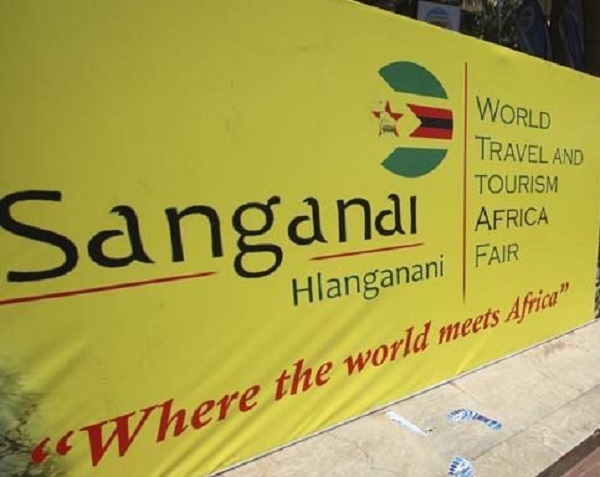


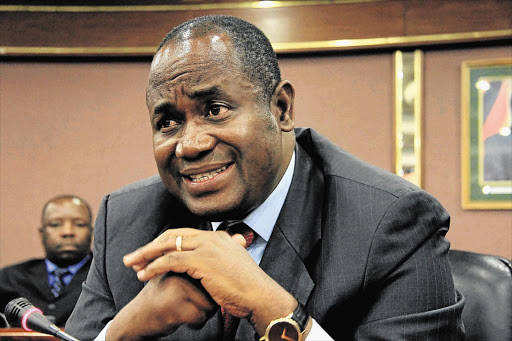
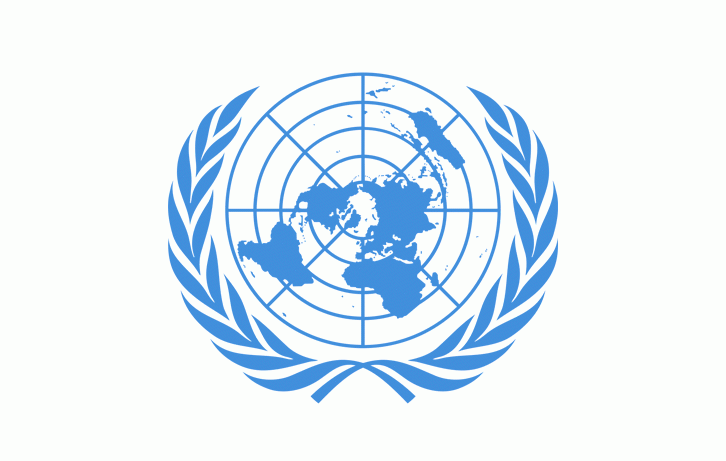
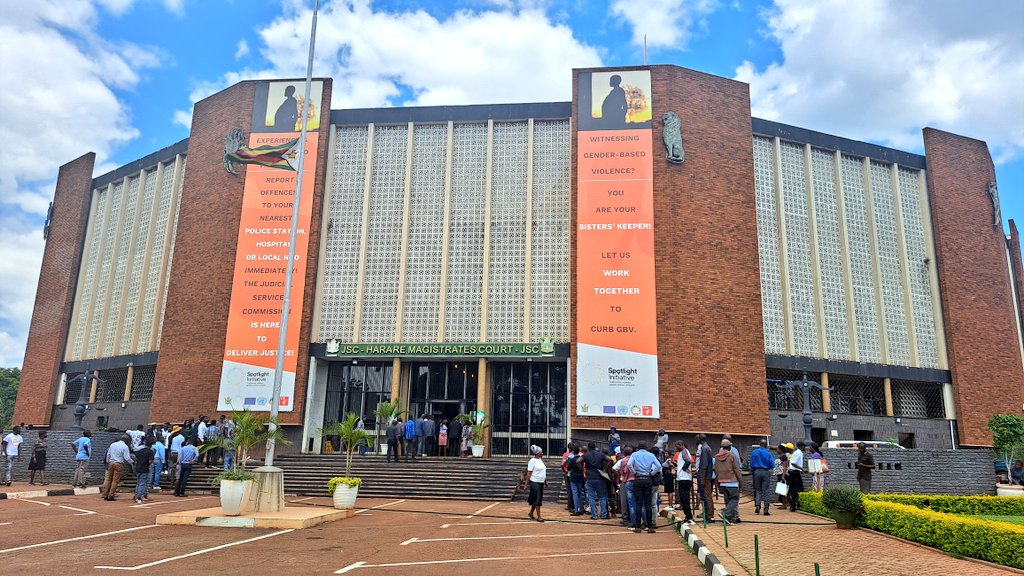
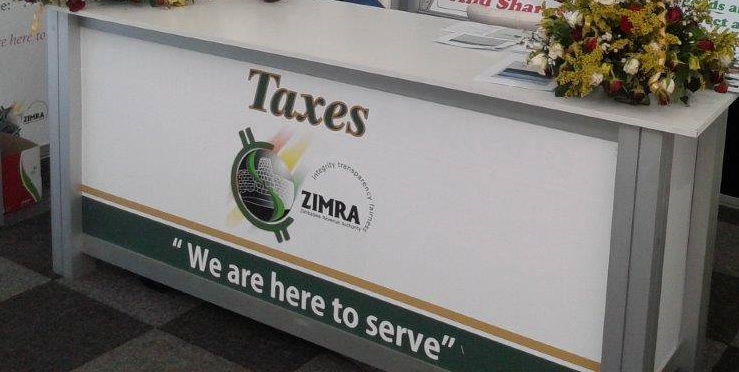
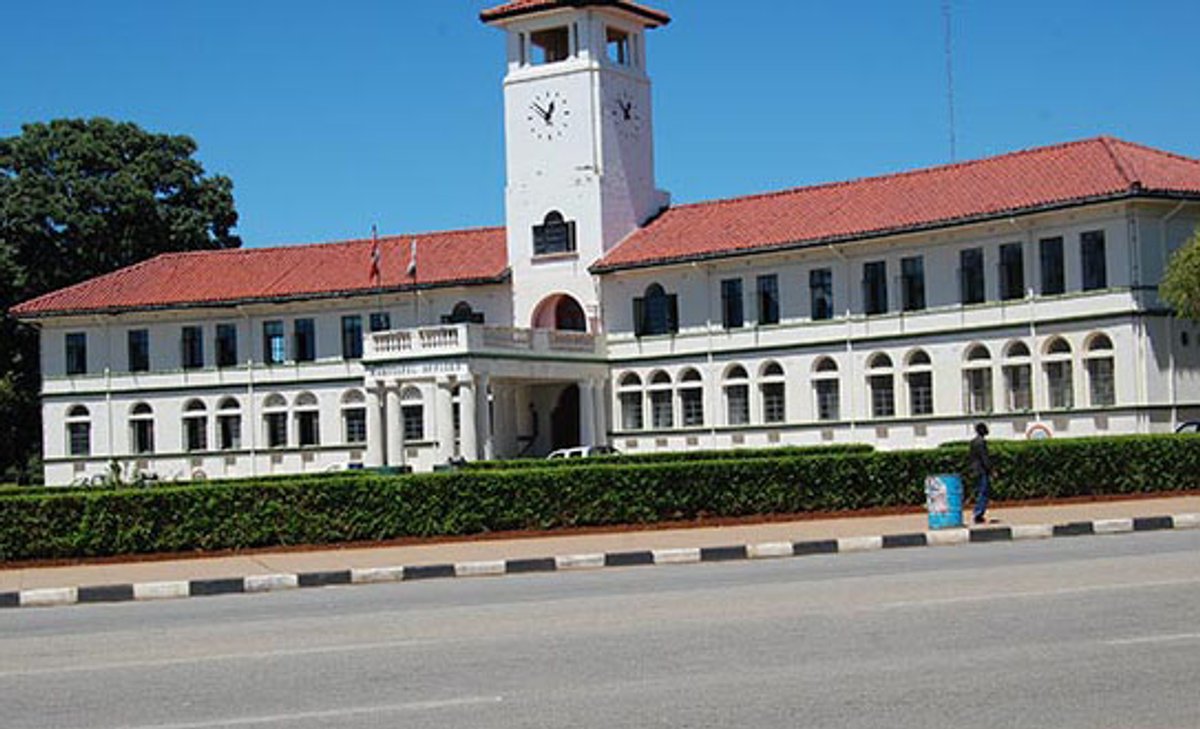
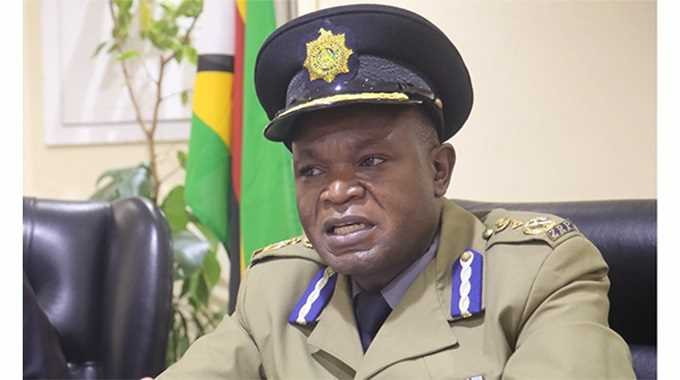

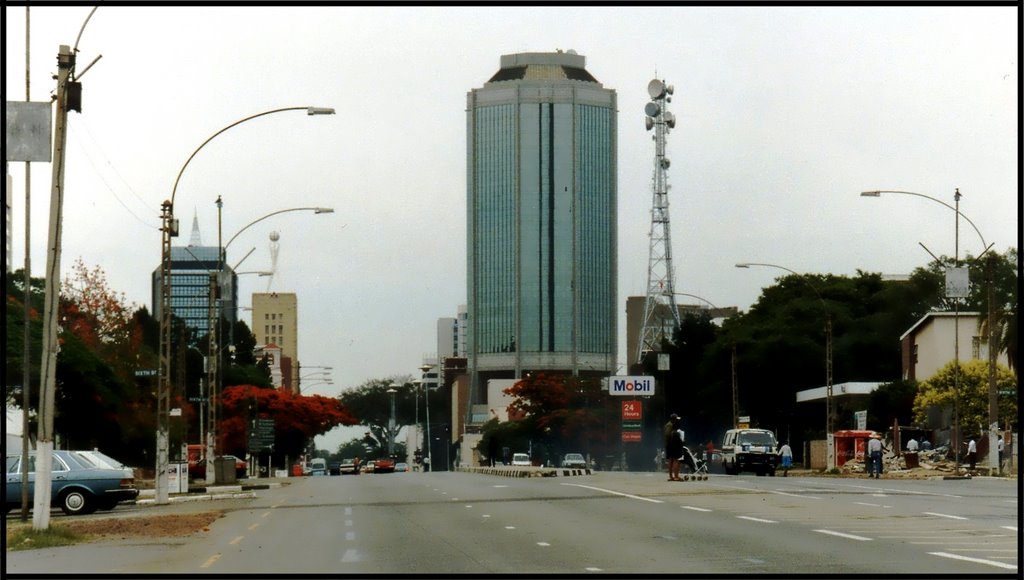
 Young Investment Professional (YIP) Graduate Programme 2019
Young Investment Professional (YIP) Graduate Programme 2019
Editor's Pick